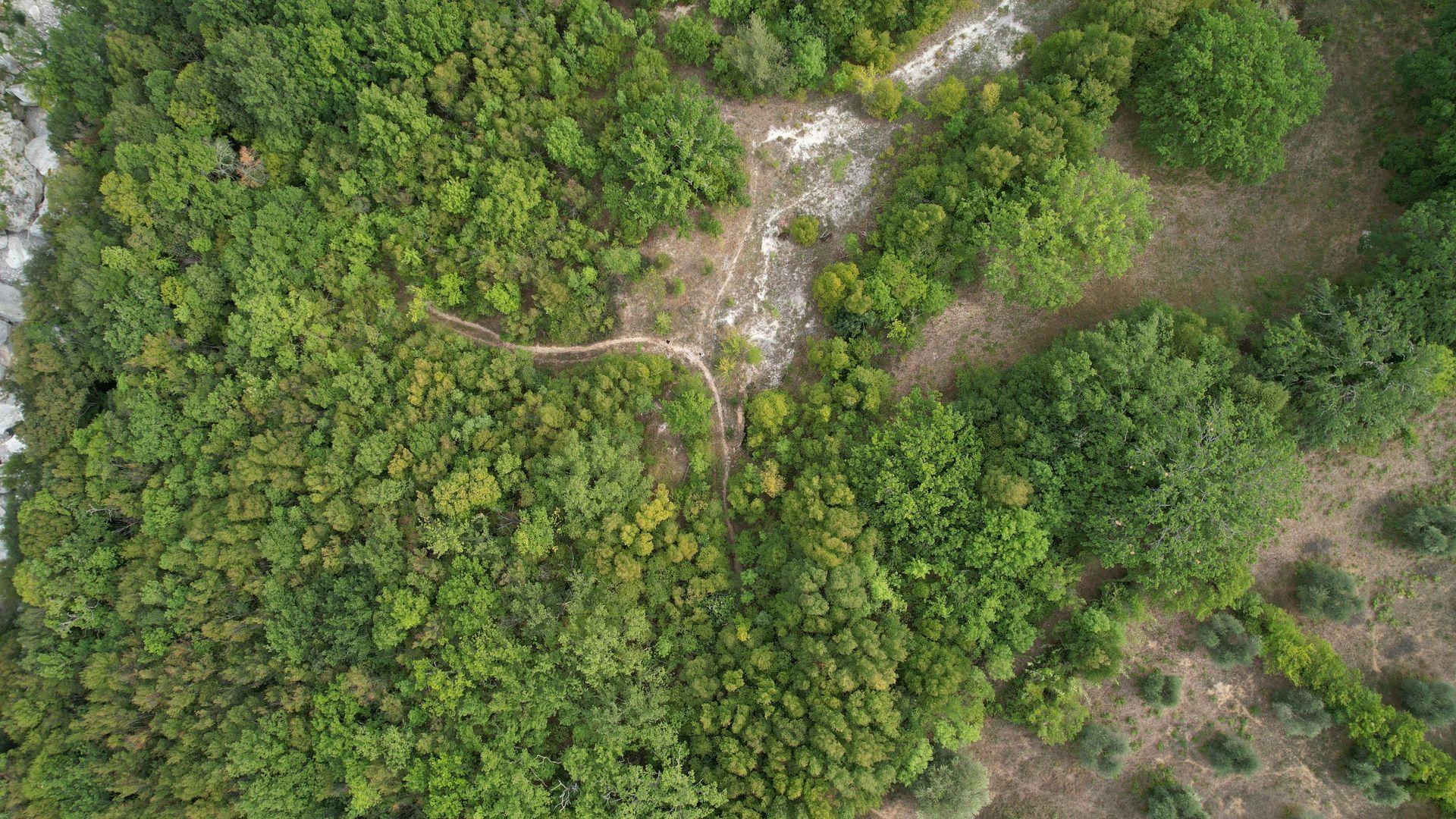What to Know Before Installing a Septic System in Rural Tennessee
If you're planning to build on rural land in Tennessee or Western Kentucky, one of the first things you'll need to consider is how you're going to manage wastewater. For most rural properties, that means installing a septic system. It’s not a glamorous topic, but it’s one of the most important parts of your site prep. And it's not something you want to guess your way through.
Septic systems come with strict guidelines, inspections, and design requirements that vary from one county to the next. Hiring a team that understands the process and can manage the full installation the right way is key.
Why Septic Systems Are Needed in Rural Areas
In city neighborhoods, homes are typically connected to a public sewer system. But once you get outside the city limits, that option usually disappears. Septic systems are the solution, allowing rural homeowners to safely manage wastewater onsite.
A properly installed septic system can last for decades, but only if it's installed correctly from the start.
Cutting corners or trying to figure it out on your own can lead to expensive repairs and even regulatory issues.
Site Evaluation and Soil Testing
Before anything is installed, the property has to be evaluated. This includes a soil percolation test, commonly called a perc test. The purpose is to determine whether the ground can properly absorb water from the system. Not all soil types are suitable, and some land may require a more advanced system based on how water drains.
This process needs to be coordinated with your local health department and performed by a qualified professional. The results will determine the type of septic system that’s allowed and where it can be placed.
A professional contractor can handle this entire step for you, from working with the county to coordinating inspections and ensuring compliance with local requirements.
Choosing the Right Type of System
Depending on the size of your home, the number of bedrooms, and the results of the soil test, different types of systems may be recommended. These can range from standard gravity-fed systems to more complex pressurized systems with pumps and advanced filtration.
Each property is different. There’s no one-size-fits-all setup. That’s why hiring a contractor with experience in rural site work is critical. They can walk the site, assess the conditions, and make recommendations that meet code while supporting your long-term needs.
Permitting and Planning
Septic installation isn’t just a matter of digging a hole and dropping in a tank. Permits are required, and the layout has to meet specific setback rules. There are regulations about how far the system has to be from wells, property lines, buildings, and even bodies of water.
An experienced team will take care of the permit process for you, ensuring everything is done by the book. They’ll also make sure the layout supports any future plans you have for your land, like adding outbuildings or expanding your home later on.
Excavation and Installation
Once approvals are in place, the actual installation begins. This includes:
- Digging and setting the septic tank
- Installing the drain field system
- Laying pipes and fittings
- Backfilling and grading the site
This part of the job requires specialized equipment and knowledge of proper excavation techniques. Improper grading or tank placement can lead to drainage issues or damage over time. Hiring a crew that understands excavation, site prep, and septic system construction ensures that your system will function as intended.
Avoiding Common Mistakes
Septic systems can fail if they’re installed incorrectly or not matched to the property’s needs. Some common issues include:
- Tanks that are undersized for the home
- Poor drainage due to improper slope or soil type
- Systems placed too close to driveways, structures, or trees
- Lack of proper access for maintenance
These problems can be avoided with the right planning and the right contractor.
What to Look for in a Septic Contractor
Not all contractors offer septic installation. It’s a specialized service that requires experience, licensing, and an understanding of local requirements. When choosing who to hire, look for a team that:
- Has a proven track record with rural properties
- Offers full-service site preparation, not just septic work
- Understands excavation, soil grading, and water flow
- Can help with permits and inspection coordination
- Is based in your region and familiar with local codes
Working with a local contractor also means better communication, faster turnaround times, and easier follow-up if needed.
Why It Pays to Hire a Professional
Installing a septic system isn’t the time to test your DIY skills or shop for the lowest bidder. This is an essential part of your property’s infrastructure. Getting it done right the first time saves you from repairs, failures, or fines later on.
Professional installation ensures your system is:
- Properly sized
- Correctly placed
- Fully permitted and inspected
- Built to last for decades
If you’re building in rural Tennessee or Kentucky and need a septic system installed, Shamrock Dirt & Forestry is equipped to handle the entire process from start to finish. With years of experience in excavation and site prep, they understand what it takes to design and install a system that meets both code and real-world performance expectations.
Final Thoughts
Before any construction starts, take the time to think through how you’ll handle wastewater on your land. Septic systems may not be the most exciting part of your build, but they’re one of the most important. And getting the right team involved early on can make all the difference.
If you're looking for experienced professionals who know how to work with rural properties, Shamrock Dirt & Forestry is ready to help. They’ve worked on a wide range of land development projects and understand what’s needed to install septic systems that meet local standards and support long-term property use.
Request A Quote
We will get back to you as soon as possible.
Please try again later.



